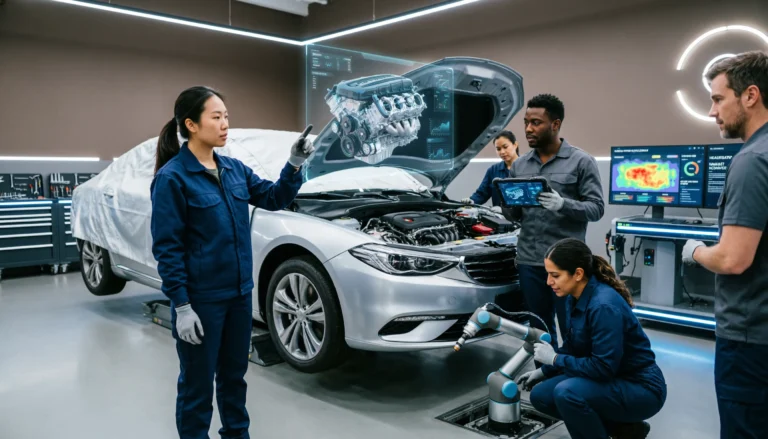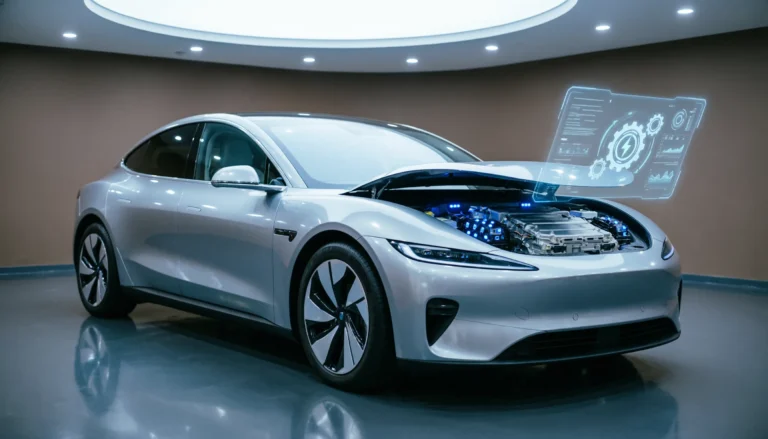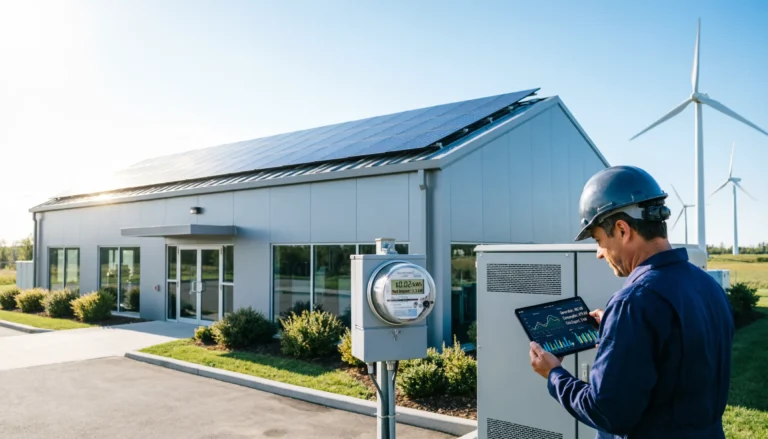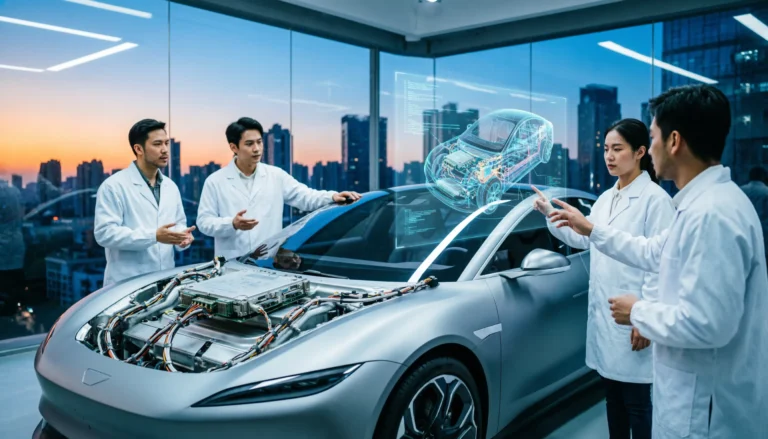
The “Global Automotive LIDAR Market (by Technology, Range, Application, & Region): Insights and Forecast with Potential Impact of COVID-19 (2023-2028)” report has been added to ResearchAndMarkets.com’s offering.
Global automotive LIDAR market is expected to reach US$0.74 billion by 2023, growing at a CAGR of 33.18% during the forecast period. Also, global automotive LIDAR market volume is likely to rise to 0.69 million units in 2023.
LIDAR sensor use is advancing as a result of rising demand for smarter cars at decreasing costs. Furthermore, the worldwide market’s exponential growth may be ascribed to the increase in the integration of AI-enabled functions, the developing ecosystem of Automotive IOT, and increased customer traction for complex features in automobiles.
Global automotive LIDAR market is fragmented, with more than 60 private and public LIDAR companies at varying stages of development. These players must compete to build solid supply chains and form strategic partnerships to ultimately land a partnership with an OEM.
North America automotive LIDAR market enjoyed the dominant market share, primarily owing to because this region is typically dominated by automotive OEMs such as General Motors, and Ford Motor Company, paired with some established Asian as well as European automotive OEMs. The growing demand for Electric vehicles is influencing the growth of the US automotive LIDAR market.
Driver: Increasing Sales of Electric Vehicles
Electric vehicles plays a very important part in reducing the amount of carbon emissions and air pollution. Governments of all countries are promoting them heavily. Because of rising environmental concerns, rapid urbanization, and the low cost of electric vehicles, demand for electric vehicles has skyrocketed.
Challenge: Availability Of Alternatives
The availability of alternatives, such as cameras, radar sensors, ultrasonic sensors, etc., is expected to restrain potential opportunities in the automotive LIDAR market to a certain extent. This is owing to the cost associated with the radar sensors.
Trend: Integration of Artificial Intelligence
The integration of AI in LIDAR technology is a trend in the automotive LIDAR market because it can significantly enhance the capabilities and performance of LIDAR systems used in autonomous vehicles. LIDAR (Light Detection and Ranging) is a key technology for self-driving cars, as it allows them to “see” their surroundings and navigate safely. LIDAR sensors use laser light to create a 3D map of the environment around the vehicle, and this information is then used by the vehicle’s AI to make decisions about steering, braking, and acceleration.
Segment Covered
By Technology: In terms of technology, the report offers insights of the global automotive LIDAR market into two segments: Solid-State LIDAR and Mechanical LIDAR.
Solid-State LIDAR segment held the largest share in the market, owing to its affordability, it is used in multiple locations, including the front, rear, and sides of a vehicle & combines data received from each of the sensors to provide an extended Field of View (FOV).
Whereas, Mechanical LIDAR segment is expected to grow at a significant CAGR in the future as a large field of view (FOV) that is typically 360 degrees can be achieved with mechanical LIDAR by utilizing high-grade optics and a rotating assembly. The mechanical component results in a bulky implementation, but it offers a high signal-to-noise ratio (SNR) over a large field of view (FOV).
By Range: On the basis of range, the report provides the segmentation of the global automotive LIDAR market as follows: Short & mid-range and Long range.
Short & mid-range segment occupied the maximum share in the market, as it detects objects within 25 meters and is well-suited for slow-moving vehicles. Whereas, the Long range segment is expected to have the highest CAGR in the future as long-range LIDARs are suitable for faster-moving navigating vehicles and detecting objects within mid to long ranges.
By Application: The report further provides the categorization of the market into two key segments, according to the application Autonomous and Semi-autonomous.
Autonomous segment acquired majority of share in the market, owing to the adoption of level 4 and level 5 autonomous cars for sharing services, across the world. Whereas, Semi-autonomous segment is expected to have the highest CAGR in the future as LIDAR sensors are extensively used in Level 1, 2, and 3 vehicles that require moderate to low assistance from drivers in channelizing vehicle’s direction & braking.
Market Dynamics
Growth Drivers
- Rising Disposable Income
- Increasing Sales of Electric Vehicles
- Rising Demand for Autonomous Vehicles
- Rapid Urbanization
Challenges
- High Cost of LIDAR
- Inaccurate Outputs in Adverse Weather Conditions
- Availability of Alternatives
Market Trends
- Integration of Artificial Intelligence
- Growing Automotive Semiconductor Market
- OEMs Integrating LIDAR in Vehicles in North America & Europe
- Scope of Multiple LIDAR Fitment across All Levels of Automation
- Rapid Technology Advancements in Autonomous LIDAR
Competitive Landscape
- Global LIDAR Suppliers by Market Share
- Global Automotive LIDAR Systems Market Players by Technology
- Global LIDAR Systems Market Players: Released Models
- Global Automotive LIDAR Systems Market Players: Key Comparison
- Global Automotive LIDAR Sensor Model and Brand: Key Suppliers
Company Profiles: Business Overview, Operating Regions, Business Strategy
- Aeva Technologies, Inc.
- Cepton, Inc.
- Continental AG
- DENSO Corporation
- Hesai Technology Co Ltd.
- Innoviz Technologies Ltd.
- Innovusion
- Livox Technology Company Limited
- Luminar Technologies, Inc.
- Ouster, Inc.
- RoboSense (Suteng Innovation Technology Co., Ltd.)
- Valeo S.A.
- Velodyne Lidar, Inc.







